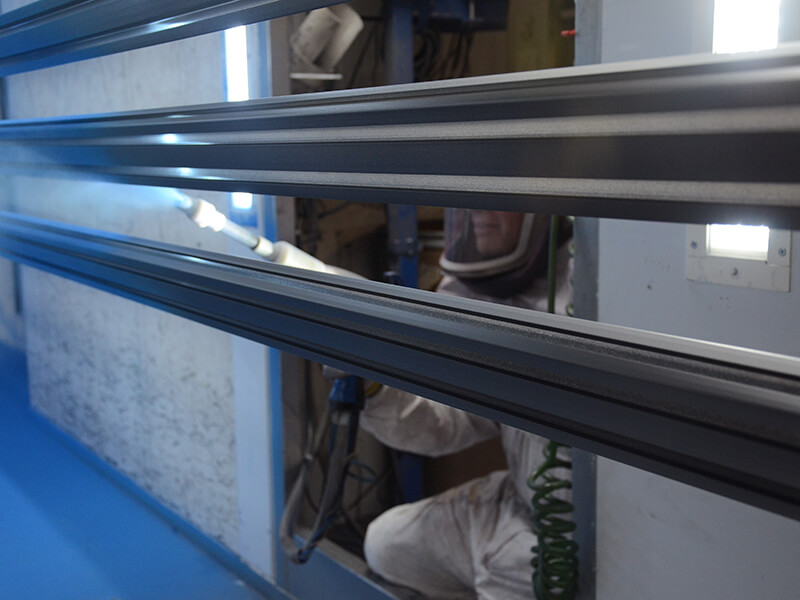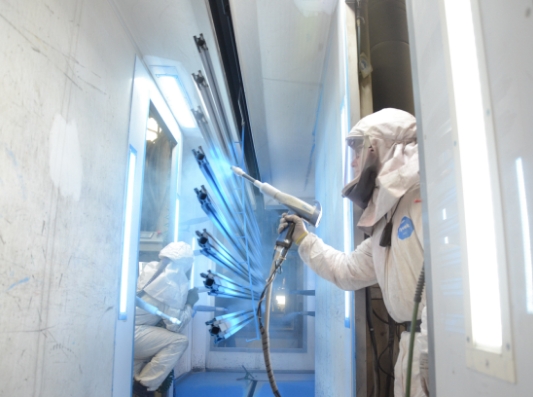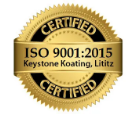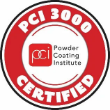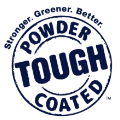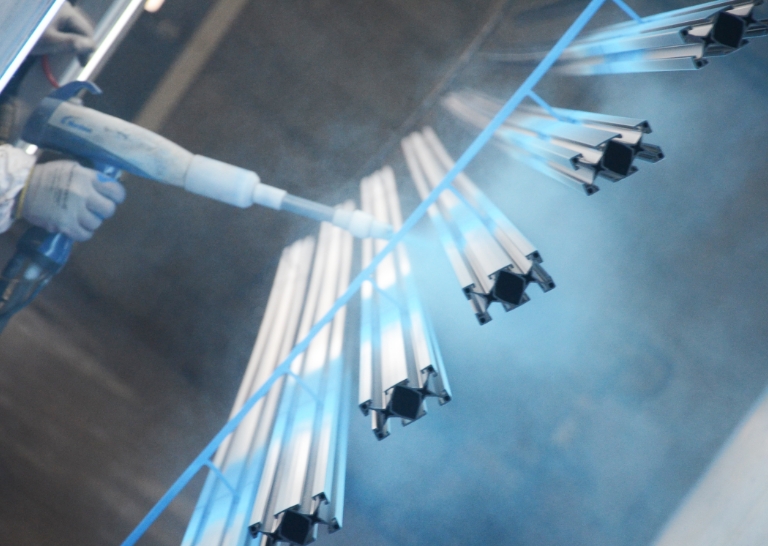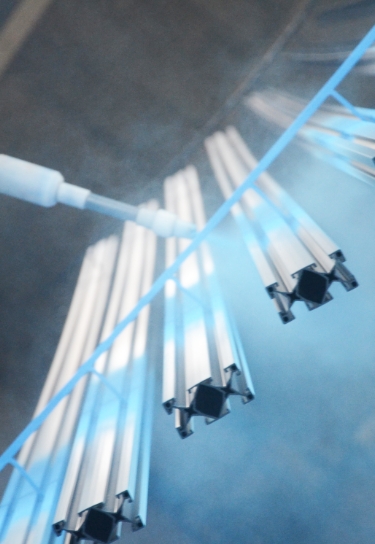The Keystone Koating lab is an internal resource we use to make sure our finishes deliver the results you need, want and expect. With the lab, we can explore how coatings respond to a wide range of environmental conditions before leaving our facility, eliminating unwelcome surprises and giving you confidence in your coating and provider choice. Our powder coating adhesion testing procedures follow American Society for Testing and Materials (ASTM) standards to ensure quality, dependability and consistency.
Our lab’s capabilities include:
- PCI#8: The PCI#8 Solvent Cure Test helps us gain an accurate measurement for the quality of the coating cure.
- ASTM D 6665: The ASTM D 6665 Boiling Water Test shows adhesion performance under exposure to high temperatures.
- ASTM D 3359: The ASTM D 3359 Crosshatch Adhesion Test measures adhesion in extreme conditions.
- ASTM B 117: ASTM B 117 Salt Fog Tests evaluate the test panels according to the ASTM D 1654 standard.
- ASTM D 2794: The ASTM D 2794 impact testing is another method of adhesion testing that is very easy to replicate and get repeatable results.
- ASTM D 522: The ASTM D 522 mandrel or conical bend test is a way to test the flexibility of the powder.
- Independent verification: We do third-party testing through outside resources for almost all powder coating related test procedures.
Keystone Koating is also able to test according to ASTM G85 Annex 5 (Prohesion), which is a type of cyclic corrosion test. Cyclic corrosion testing is basically a combination of wet and dry cycles that simulates corrosion in an outdoor environment. Whereas ASTM B117 is a wet, humid test throughout the whole test length, ASTM G85 Annex 5 is a test consisting of hour cycles wet and cool, then dry and hot, for a corrosion test that is closer to real-life conditions.


